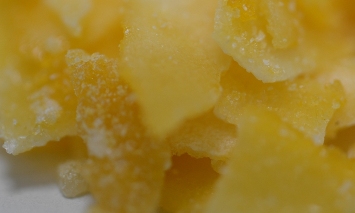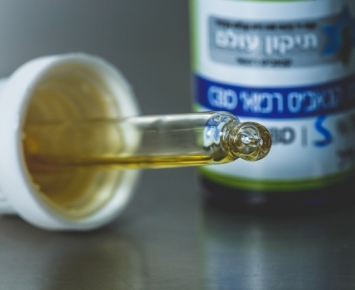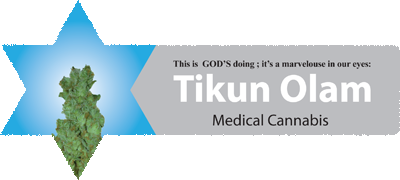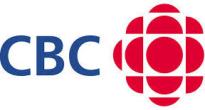Research: CBD to pediatric epilepsy
Severe childhood epilepsies are characterized by frequent seizures, neurodevelopmental delays, and impaired quality of life. In these treatment-resistant epilepsies, families often seek alternative treatments. This survey explored the use of cannabidiol-enriched cannabis in children with treatment-resistant epilepsy.


Epilepsy Behav. 2013 Dec;29(3):574-7. doi: 10.1016/j.yebeh.2013.08.037.
Report of a parent survey of cannabidiol-enriched cannabis use in pediatric treatment-resistant epilepsy.
Porter BE1, Jacobson C.
Department of Neurology, Stanford University, USA.
Abstract
Severe childhood epilepsies are characterized by frequent seizures, neurodevelopmental delays, and impaired quality of life. In these treatment-resistant epilepsies, families often seek alternative treatments. This survey explored the use of cannabidiol-enriched cannabis in children with treatment-resistant epilepsy. The survey was presented to parents belonging to a Facebook group dedicated to sharing information about the use of cannabidiol-enriched cannabis to treat their child's seizures. Nineteen responses met the following inclusion criteria for the study: a diagnosis of epilepsy and current use of cannabidiol-enriched cannabis. Thirteen children had Dravet syndrome, four had Doose syndrome, and one each had Lennox-Gastaut syndrome and idiopathic epilepsy. The average number of antiepileptic drugs (AEDs) tried before using cannabidiol-enriched cannabis was 12. Sixteen (84%) of the 19 parents reported a reduction in their child's seizure frequency while taking cannabidiol-enriched cannabis. Of these, two (11%) reported complete seizure freedom, eight (42%) reported a greater than 80% reduction in seizure frequency, and six (32%) reported a 25-60% seizure reduction. Other beneficial effects included increased alertness, better mood, and improved sleep. Side effects included drowsiness and fatigue. Our survey shows that parents are using cannabidiol-enriched cannabis as a treatment for their children with treatment-resistant epilepsy. Because of the increasing number of states that allow access to medical cannabis, its use will likely be a growing concern for the epilepsy community. Safety and tolerability data for cannabidiol-enriched cannabis use among children are not available. Objective measurements of a standardized preparation of pure cannabidiol are needed to determine whether it is safe, well tolerated, and efficacious at controlling seizures in this pediatric population with difficult-to-treat seizures.










































